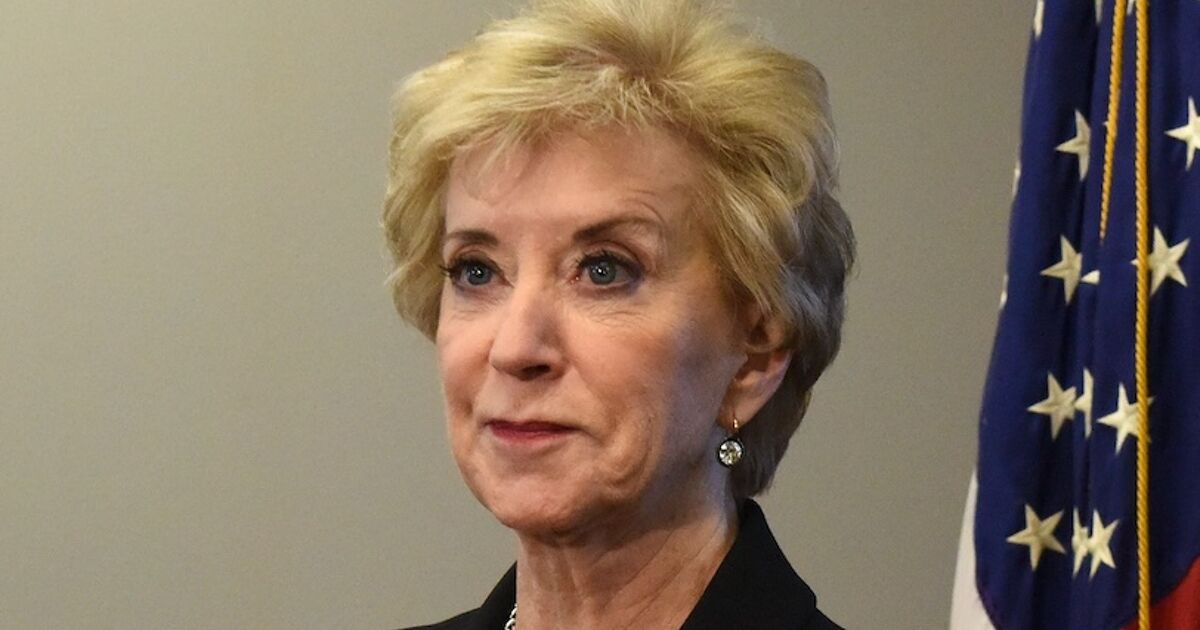
Three federal judges have separately ruled against the Trump administration’s threats to cut federal funding for schools with diversity, equity, and inclusion (DEI) programs.
The first ruling came in a lawsuit brought by the National Education Association (NEA) and the American Civil Liberties Union (ACLU) against the Department of Education (DoE). The lawsuit challenges the Dear Colleague Letter that the DoE sent out on February 14. In that particular letter, the DoE warned that educational institutions receiving federal grants would have those grants withheld if they were found to be engaging in DEI practices, though what is considered a DEI practice is not clearly explained in the letter.
Related
College cleverly keeps its LGBTQ+ center open despite laws against DEI
While other schools are shutting down their queer student centers, one has found new ways to “pivot” in compliance with new restrictions.
For that reason, the plaintiffs in this case argue that the DoE overstepped its legal authority by imposing unfounded and vaguely defined legal restrictions that violate due process rights and the First Amendment.
Never Miss a Beat
Subscribe to our newsletter to stay ahead of the latest LGBTQ+ political news and insights.
Subscribe to our Newsletter today
The suit was filed in the District Court of New Hampshire, presided over by Judge Landya McCafferty. In her ruling, she accepted the validity of the plaintiff’s arguments and issued an 82-page order partially blocking the Trump administration from taking action to enforce its memo.
The preliminary injunction was not issued nationwide but instead limits relief to any entity that employs or has ties with the groups that filed the lawsuit.
In her order, Judge McCafferty writes, “Prior to the 2025 Letter, the Department had not indicated a belief that programs designed to promote diversity, equity, or inclusion constituted unlawful discrimination. Nor had it taken the position that schools necessarily behave unlawfully when they act with the goal of increasing racial diversity. In fact, the Department had taken the opposite position.”
Shortly after this order was issued, another federal judge in Maryland issued a similar order. U.S. District Judge Stephanie A. Gallagher of Maryland, a Trump appointee, wrote, “This Court takes no view as to whether the policies at issue here are good or bad, prudent or foolish, fair or unfair, but this Court is constitutionally required to closely scrutinize whether the government went about creating and implementing them in the manner the law requires. The government did not.”
Judge Stephanie Gallagher presided over a similar case to the one in New Hampshire brought on by the American Federation of Teachers (AFT), the American Sociological Association (ASA), and a public school in Oregon. The plaintiffs in this case were also suing the DoE for their memo, and also argued that the defendants are disregarding due process and their First Amendment rights.
Judge Gallagher issued a nationwide preliminary injunction, finding that the memo forced teachers to be “injured through suppressing their speech or through facing enforcement for exercising their constitutional rights.”
“This Court ends where it began — this case is about procedure,” she wrote. “Plaintiffs have shown that the government likely did not follow the procedures it should have, and those procedural failures have tangibly and concretely harmed the Plaintiffs. This case, especially, underscores why following the proper procedures, even when it is burdensome, is so important.”
“The court agreed that this vague and clearly unconstitutional requirement is a grave attack on students, our profession, honest history, and knowledge itself,” Randi Weingarten, the out president of the AFT, said in a statement.
On April 14, the NAACP and the Legal Defense Fund (LDF) filed a separate lawsuit in Washington, D.C., challenging the DoE’s memo.
According to the longstanding civil rights organization, the judge presiding over this case has decided to issue a preliminary injunction. The NAACP argued that the memo didn’t identify which DEI practices were now considered illegal.
“Our fight is far from over, but today’s decision is a victory for Black and Brown students across the country, whose right to an equal education has been directly threatened by this Administration’s corrosive actions and misinterpretations of civil rights law,” said Derrick Johnson, president and CEO of the NAACP, in a statement. “We look forward to prevailing against their cruel attempts to undermine the mission of the U.S. Department of Education and relegate children of color, students with disabilities, and poor students to a second-class education in a throwback to the era before Brown v. Board of Education.”
Subscribe to the LGBTQ Nation newsletter and be the first to know about the latest headlines shaping LGBTQ+ communities worldwide.